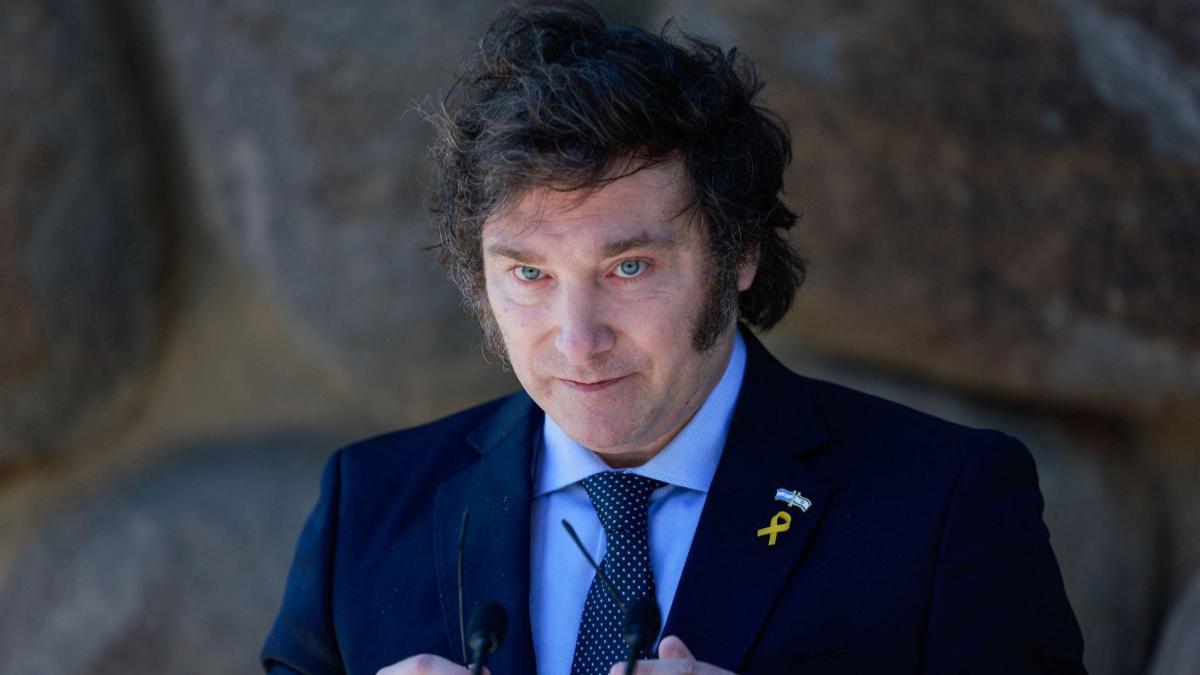As Argentine President Javier Milei prepares to attend Donald Trump’s inauguration in January 2025, the event signifies more than just a ceremonial gathering. It underscores the growing alignment between Milei and Trump, with implications for Argentina’s foreign policy and economic outlook in the coming years. According to Patricio Giusto, Director of the Sino-Argentine Observatory. Lecturer in the Specialization on Contemporary China at UCA and Master of China Studies, Milei’s presence at this historic event highlights the strong rapport between the two leaders. “Milei will be positioned near Trump and key figures such as Elon Musk and Marco Rubio, solidifying a connection that no other regional leader has achieved,” Giusto explains. However, Giusto cautions that while Milei’s alignment with Trump is significant, it should not be assumed that Milei will receive preferential treatment. “Latin America is not a priority for Trump, who is likely to focus on issues like illegal immigration, drug trafficking, and protectionist trade policies, rather than offering substantial support to the region.”
In particular, Milei’s foreign policy priorities—such as his stance on Venezuela—may not align perfectly with Trump’s administration. “Milei has placed high expectations on Trump to take a tougher stance on the Maduro regime, but it is unclear whether Trump will increase pressure beyond existing economic sanctions,” Giusto adds. Additionally, Milei is hoping to secure further support from Trump within international financial institutions like the IMF. “Milei may look to Trump for assistance in securing new financing from US-led international organizations,” Giusto suggests, signaling that the economic collaboration between the two leaders could be pivotal for Argentina’s economic stability.
Juan Manuel Harán, editor of ReporteAsia, emphasizes that Milei’s presence at Trump’s inauguration is also a testament to his growing stature on the international stage. “Milei’s alignment with Trump signals a larger geopolitical strategy, reinforcing the US-Israel axis that Milei believes is crucial for Argentina’s economic growth,” Harán states. This focus on international alliances is central to Milei’s vision for Argentina, as he seeks to secure both diplomatic and economic advantages on the global stage. However, Harán notes that Milei is also keenly aware of the broader geopolitical context and will be watching closely for Trump’s stance on sensitive issues like relations with China and Russia, as well as Argentina’s standing within key international organizations.
On the ideological front, César Sánchez Casares, an expert in public policy, points out that both leaders share similar views. “Milei has adopted an ‘anti-woke’ stance, opposing discussions on climate change and minority rights, aligning with Trump’s rejection of political correctness and populist rhetoric,” Casares notes. This ideological overlap extends to both leaders’ critiques of political elites and their emphasis on championing the interests of “the people.” Geopolitically, Milei has emphasized his alignment with the United States and Israel, but he has also managed to maintain a pragmatic relationship with China, which Casares describes as “very interesting” for Argentina’s economic strategy.
However, Casares also highlights potential challenges in the economic realm. “In the short term, Milei hopes that Trump’s inauguration will accelerate Argentina’s negotiations with the IMF for additional disbursements to stabilize the country’s economy,” he explains. Yet, Casares warns that long-term risks may emerge if the Trump administration adopts more protectionist policies, which could lead to higher interest rates from the Federal Reserve and capital outflows from emerging markets like Argentina. Such developments could undermine Milei’s efforts to curb inflation and restore Argentina’s economic growth.
As Milei prepares for a new phase in Argentina’s relations with the US, the question remains: will Trump’s administration offer the support needed to navigate Argentina’s economic challenges, or will geopolitical tensions and protectionist policies complicate this growing alliance? Only time will tell, but the inauguration marks a key moment in the evolving relationship between these two populist leaders.

